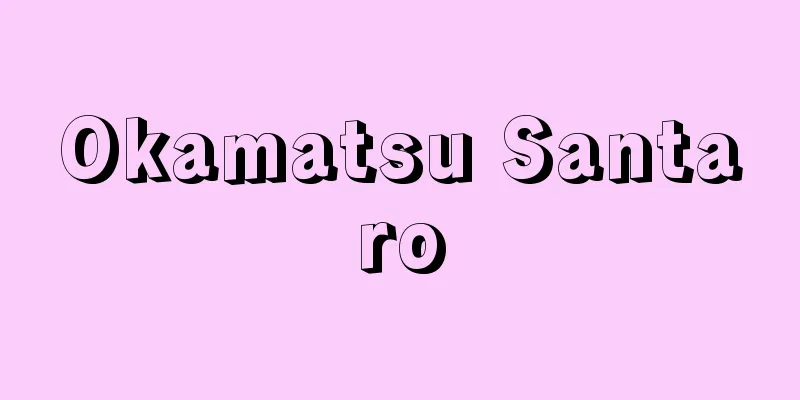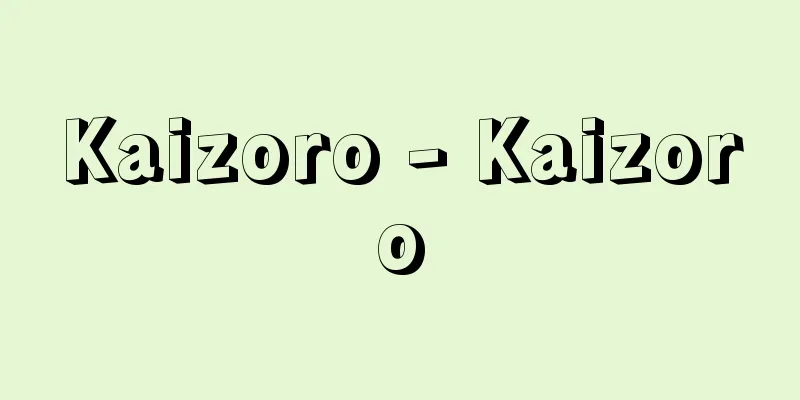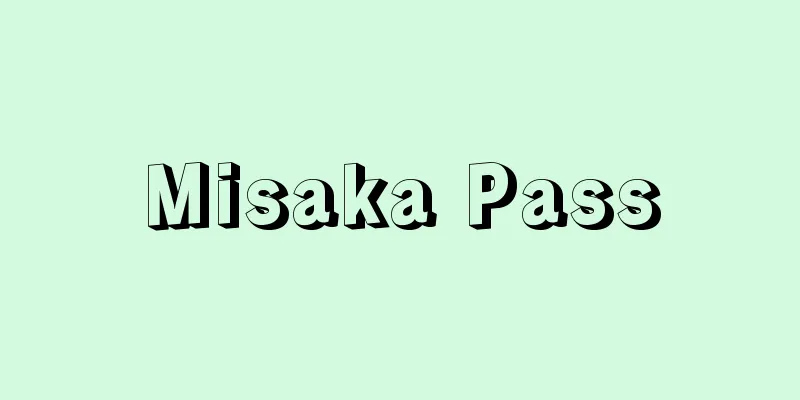Permission appeal - Kyokakoukoku

|
An appeal against a decision or order of a high court in a civil case is only allowed if the high court gives permission. It was established in the new Civil Procedure Code that came into effect in January 1998. Special appeals are only allowed when the reason for an appeal to the Supreme Court is an erroneous interpretation of the Constitution or other violation of the Constitution (Article 336 of the Civil Procedure Code). In principle, an appeal to the Supreme Court cannot be made for any other reason. However, there are important matters that are not related to violations of the Constitution that are decided by decisions and orders, and it is unfair for legal judgments to differ between high courts, and there is a need for uniform interpretation of laws and regulations. For this reason, when a decision or order of a high court is found to be in conflict with the precedents of the Supreme Court or contains other important matters related to the interpretation of laws and regulations, the high court must, upon petition, give permission to appeal to the Supreme Court by decision (Article 337 of the same Code). An appeal is considered to have been made when this permission decision is made. Except for special appeals, an appeal to the Supreme Court is permitted only when this permission has been granted. For example, there may be cases where a decision is sought from the Supreme Court regarding a decision on civil execution or preservation execution procedures, or regarding the existence or non-existence of an obligation to submit a certain document (Article 220 of the same law). A petition for permission to appeal must be filed within a fixed period of five days from the date of notification of the original decision of the High Court. [Yoshinobu Homma] [Reference items] | | | | |Source: Shogakukan Encyclopedia Nipponica About Encyclopedia Nipponica Information | Legend |
|
民事訴訟における高等裁判所の決定および命令に対して、その高等裁判所が許可をしたときに限り認められる抗告。1998年(平成10)1月に施行された新民事訴訟法において創設された。最高裁判所に対する抗告としては、裁判に憲法解釈の誤り、その他憲法違反を理由とするときに限り特別抗告が認められている(民事訴訟法336条)。それ以外の理由では最高裁判所に抗告できないのが原則である。しかし、決定・命令により判断される事項で憲法違反等に関するものでないもののなかにも重要なものがあり、法律判断が各高等裁判所によって異なるということでは公正を欠き、法令解釈の統一が必要とされるという面もある。このため、高等裁判所の決定および命令に対して、最高裁判所等の判例と相反する判断がある場合や、その他法令の解釈に関する重要な事項を含むと認められる場合には、その高等裁判所が、申立てにより、決定で、最高裁判所への抗告を許可しなければならないとした(同法337条)。この許可の決定があったときに抗告がなされたとみなされる。特別抗告以外には、この許可があったときに限り最高裁判所への抗告が認められる。たとえば、民事執行・保全執行手続に関する決定について、あるいはある文書の提出義務の存否(同法220条)に関する決定について、最高裁判所の判断を求めるなどの場合が考えられる。許可抗告の申立ては高等裁判所の原裁判の告知を受けた日から5日の不変期間内にしなければならない。 [本間義信] [参照項目] | | | | |出典 小学館 日本大百科全書(ニッポニカ)日本大百科全書(ニッポニカ)について 情報 | 凡例 |
<<: Kiyokawa [village] - Kiyokawa
>>: Licensed fishing - kyokagyogyō
Recommend
Auge, P. (English spelling) AugeP
...On the other hand, the dictionary lacked scien...
Iwakuma Hachiman Shrine
...The Sanyo Expressway runs from east to west, a...
liveried company
...The guilds, which were made up of merchants an...
Electrolytic polarization
The phenomenon in which the voltage U between the ...
paratomy
…In planarians, which are turbulent worms, the bo...
New Japanese Literature
The journal of the New Japan Literary Association...
copy
…And in many cases, the things that are reproduce...
Gillespie
American jazz trumpeter and composer. He is one of...
Macro
〘Noun〙① (adjective) (macro) Being huge. Also, bein...
art theatre
...The name "Art Theatre Guild" was coi...
Invisible Government
...However, in reality, it has been revealed that...
Akhnaton - Akhnaton
...religious reformer. Also known as Akhenaten or...
Legal representative - legal representative
A legal representative is an agent who has been g...
Pen name - Gago
〘Noun〙 A name given to someone in addition to thei...
Ring shout (English spelling)
...According to records from that time that descr...



![Makalu [mountain] - Makalu](/upload/images/67cce30475033.webp)


![Kizu [town] - Kizu](/upload/images/67cb540353d6d.webp)


